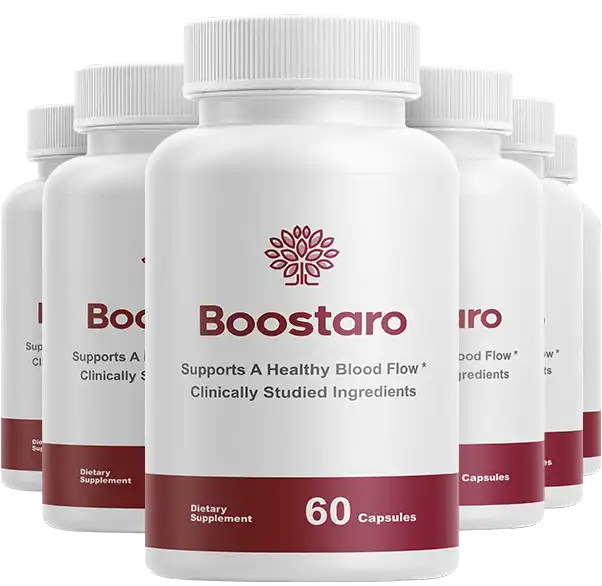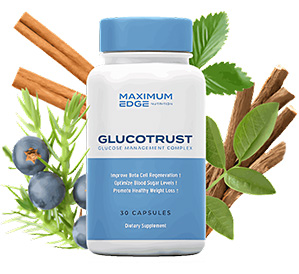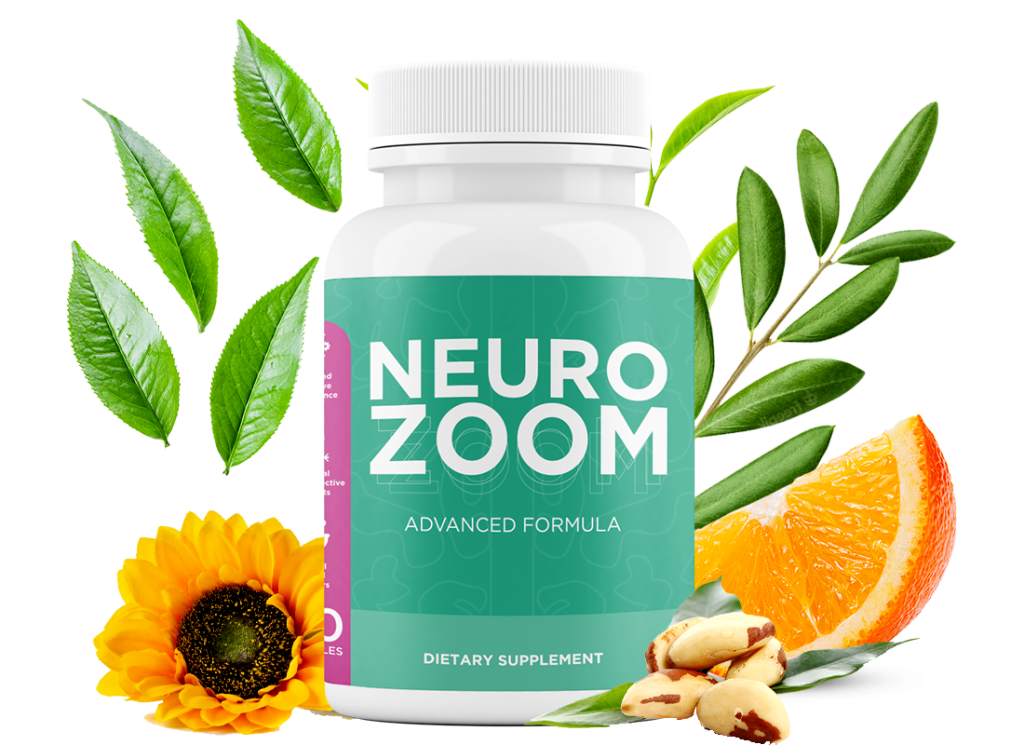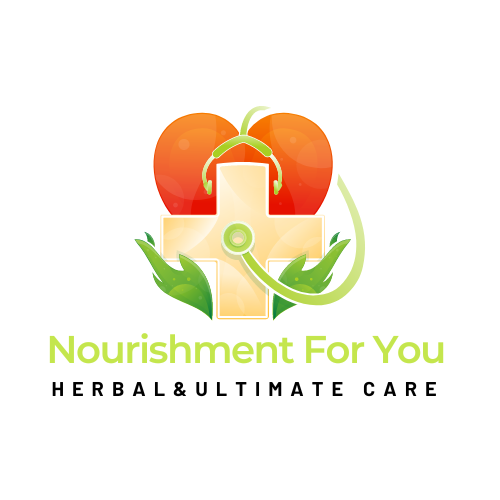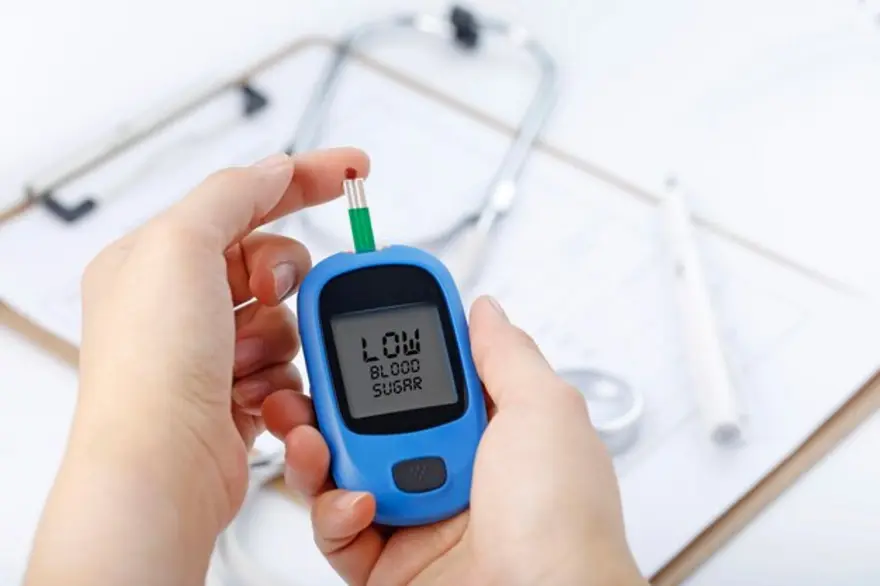What is Dietary Supplements?
Ever wondered about those little helpers you take to keep your health in check? Well, they’re called dietary supplements, and they come in various forms, like vitamins, minerals, and herbs. They’re not quite food, and they’re not exactly medicine either, but they’re something in between. These supplements are like your health sidekick, giving you that extra boost of nutrients you might need to stay in top shape.
In the United States, dietary supplements are strictly regulated and labeled as such. You can find them lining the shelves of pharmacies and stores, often right next to your regular over-the-counter meds. While they’re not meant to cure diseases or replace prescribed medications, many folks see them as a natural alternative to staying healthy.
Believe it or not, more than half of all Americans take a dietary supplement every day. And it’s not just a trend in the U.S. – people all over the globe, from Asia to Europe to Latin America, are getting in on the action, with a good chunk of them making supplements a regular part of their routine.
Types of Dietary Supplements
Vitamin D: Helps keep bones strong. You can get it from sunlight and foods like fish and fortified products. But too much can be harmful.
Probiotics: Found in foods like yogurt, they help balance good and bad bacteria in your body. They may improve digestion and boost your immune system. But you might not need them every day.
Multivitamins: They might not make up for an unhealthy diet. Some studies say they don’t prevent memory loss, heart disease, or cancer. Too many can be harmful.
Folic Acid: Important for pregnant women to prevent birth defects. You can get it from supplements and food.
Fiber Supplements: Good for digestion and cutting cholesterol. But start slow to avoid gas and bloating.
Fish Oil: Has omega-3s good for your heart. But pills might not work as well as fish.
Calcium: Unless your doctor says otherwise, you probably don’t need a supplement. It’s better to get calcium from food.
Vitamin C: Good for your immune system, but most people get enough from food.
Melatonin: Helps with sleep, but use it short-term for things like jet lag.
Magnesium: Gives you energy and keeps your heart healthy. Many Americans don’t get enough from food.
Coenzyme Q10 (CoQ10): Used for migraines and heart health, but more research is needed.
Vitamin B12: Important for red blood cells and the nervous system. Vegetarians, vegans, and some older adults might need supplements.
Risks of Taking Dietary Supplements
Taking dietary supplements might seem harmless, but they can come with some risks if not used properly. Here are some possible long-term complications and risks:
- Organ Damage: Some supplements, especially those taken in high doses for a long time, can harm your liver or other organs.
- Reduced Bone Strength: Certain supplements may interfere with the absorption of calcium, which can lead to weakened bones over time.
- Fetal Development Abnormalities: Pregnant women should be cautious with supplements, as some can affect the development of the baby in the womb.
- Increased Risk of Bleeding: Certain supplements, like fish oil and vitamin E, can thin your blood and increase the risk of bleeding, especially if you’re already taking blood-thinning medications.
- Changes in Anesthesia Response: Some supplements can alter how your body responds to anesthesia during surgery, which may affect the outcome of the procedure.
- Reduced Chemotherapy Effectiveness: Taking certain supplements alongside chemotherapy treatment may reduce the effectiveness of the medication.
- Nervous System Damage: High doses of certain vitamins, such as vitamin B6, can cause nerve damage over time.
It’s also important to note that some supplements can interact with prescription medications, leading to adverse effects. For example, vitamin K can interfere with blood-thinning medications like warfarin.
However, when taken in recommended doses, most dietary supplements are safe and won’t cause any side effects. Nonetheless, it’s always crucial to inform your healthcare professional about any supplements you’re taking to ensure they won’t interfere with your health or any medications you’re on.
Conclusion
In conclusion, dietary supplements offer potential benefits for specific health needs, such as filling nutrient gaps or supporting certain bodily functions. However, it’s important to approach their use with caution and awareness. While some supplements have shown promising results in scientific studies, others lack clear evidence of efficacy or may even pose risks if taken improperly or in excess. Therefore, individuals should always consult with healthcare professionals before starting any supplement regimen, and prioritize obtaining nutrients from a balanced diet whenever possible.
Buy Probiotics & Natural Supplements
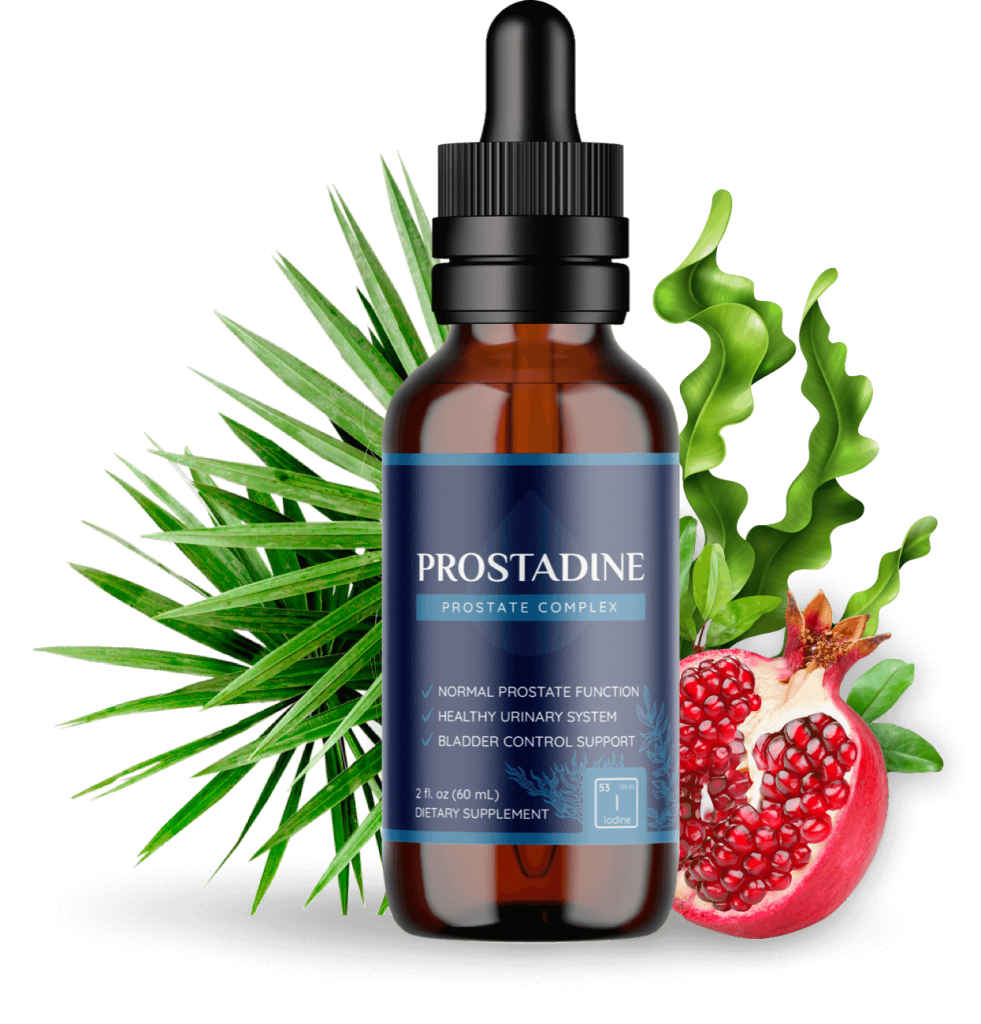
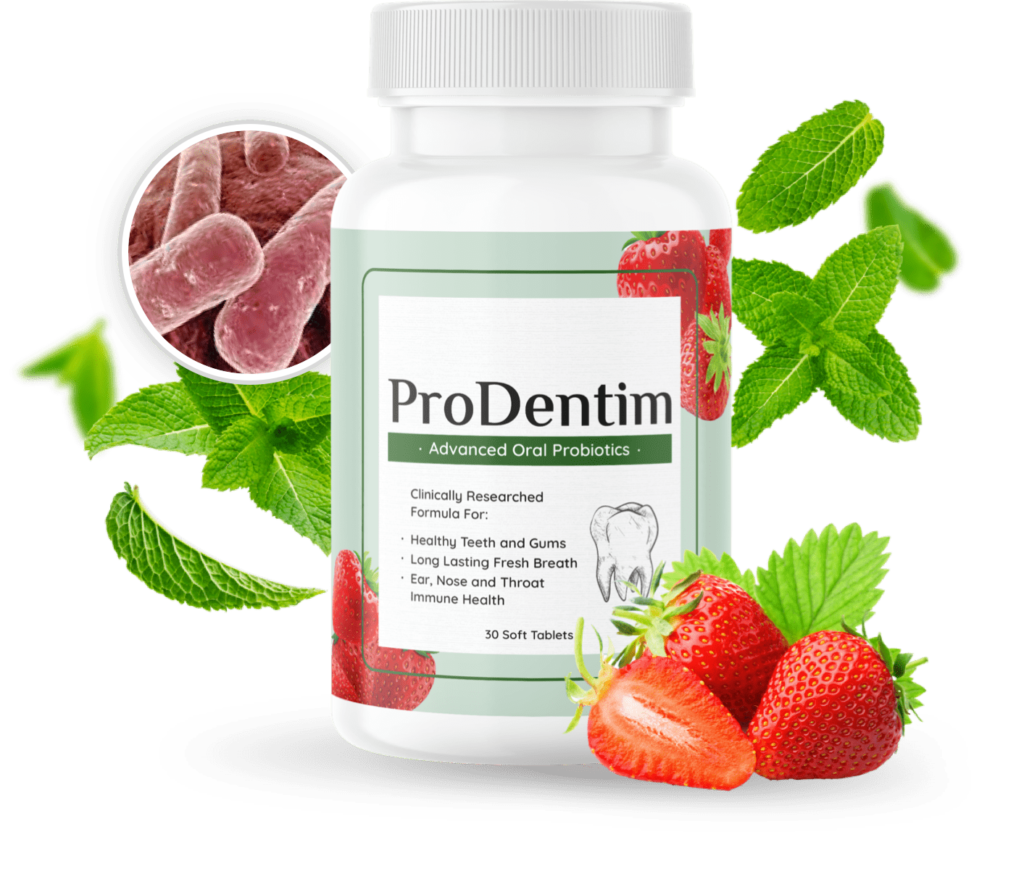
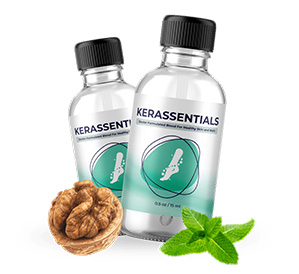
Prostadine
ProDentim
Kerassentials
High Quality Vitamins and Supplements

Buy Weight Loss Supplements
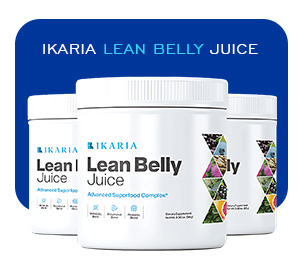

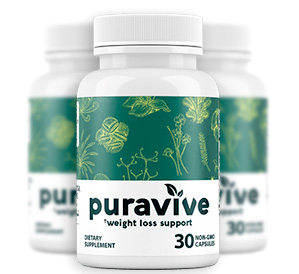
Ikaria Juice
FitSpresso
Puravive
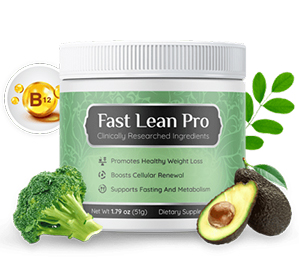
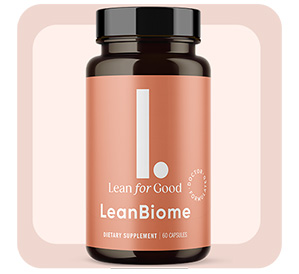
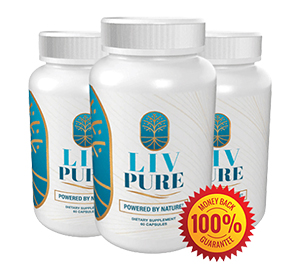
Fast Lean Pro
LeanBiome
Liv Pure
Buy Vitamins & Natural Supplements
